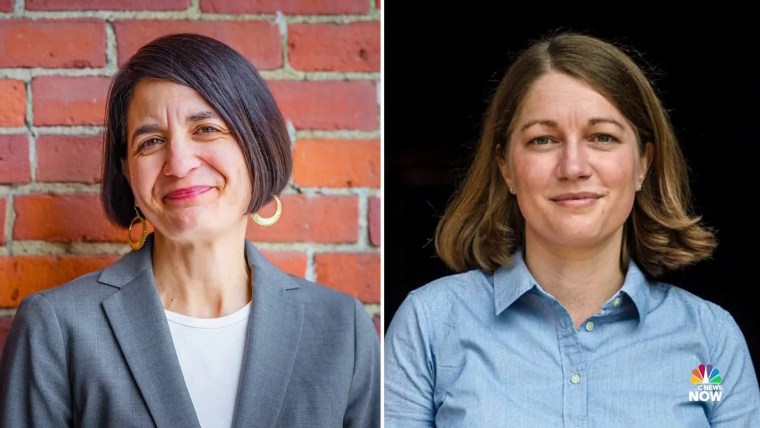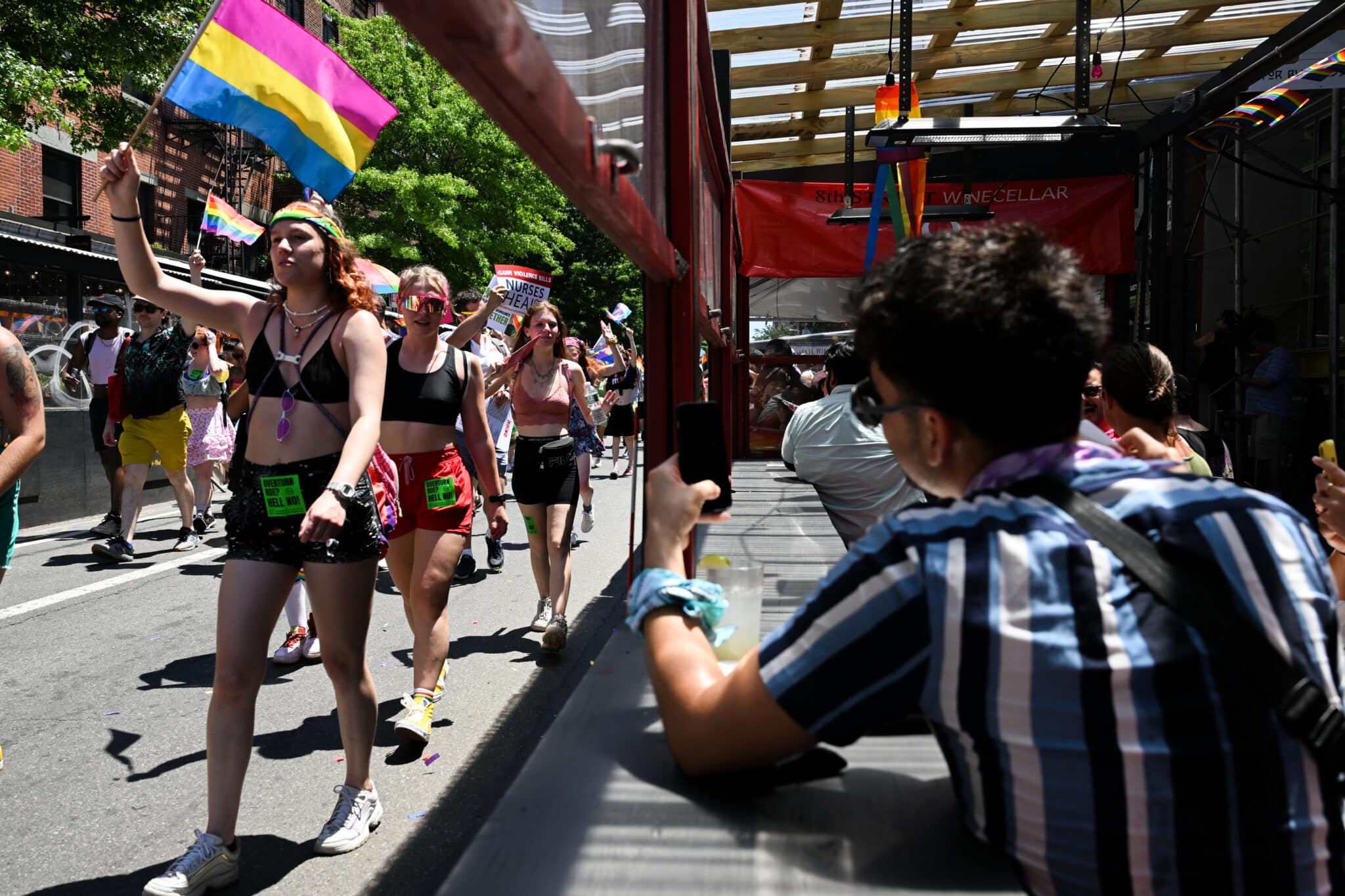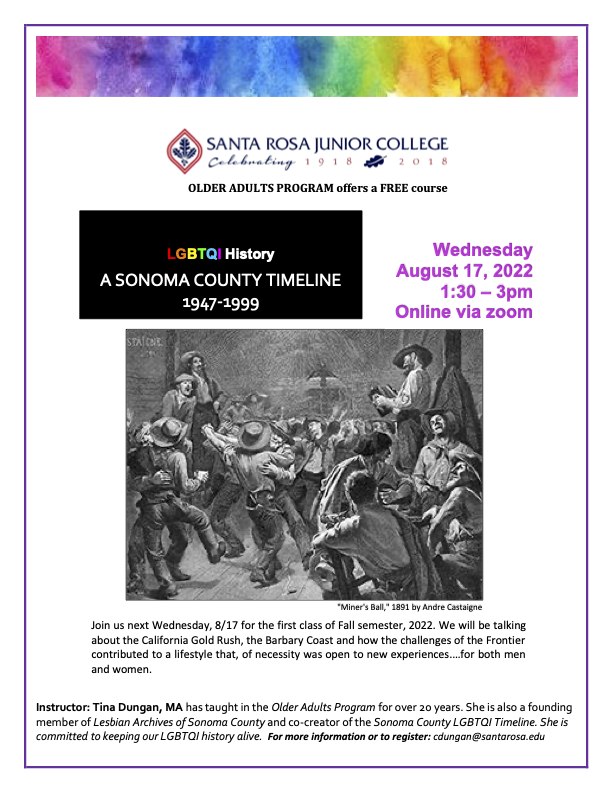Rightwingers attacked school librarian who defended books. She’s suing them for defamation.
A school librarian in Louisiana is suing two conservative activists for defamation after they falsely accused her of putting “pornographic” material in local libraries.
“I’ve had enough for everybody,” Amanda Jones, a librarian at a middle school in Denham Springs, Louisiana and president of the Louisiana Association of School Librarians, told NBC News. “Nobody stands up to these people. They just say what they want and there are no repercussions and they ruin people’s reputations and there’s no consequences.”
Jones’s suit, filed last week, argues that Facebook pages run by Michael Lunsford and Ryan Thames falsely labeled her a pedophile after she spoke against censorship at a July 19 Livingston Parish Library Board of Control meeting. She has also filed criminal complaints with the Livingston Parish Sheriff’s Office against Lunsford and Thames.
During public comment at the July 19 board meeting, Jones voiced her concern that a motion under consideration to evaluate the content of certain sex education books available at the public library would lead to the banning of books containing LGBTQ content.
“‘While book challenges are often done with the best intentions, and in the name of age appropriateness, they often target marginalized communities such as BIPOC and the LBGTQ community,” Jones said at the meeting according to the lawsuit.
“The citizens of our parish consist of taxpayers who are white, Black, brown, gay, straight, Christian, non-Christian, people from all backgrounds and walks of life, and no one portion of the community should dictate what the rest of the citizens have access to. Just because you don’t want to read it or see it, it doesn’t give you the right to deny others or demand its relocation.”
“If we remove or relocate books with LBGTQ or sexual health content, what message is that sending to our community members? Why is your belief system any more important than others’?”
Lunsford, who runs conservative group Citizens for a New Louisiana, attended the meeting and spoke in favor of restricting books with sexual content. In the weeks following the meeting, Citizens for a New Louisiana’s Facebook page posted numerous posts about Jones.
“Why is she fighting so hard to keep sexually erotic and pornographic materials in the kid’s section?” one post, which featured Jones’s picture, read.
Thames’s “Bayou State of Mind” Facebook page also posted a meme depicting Jones and accused her of “advocating teaching anal sex to 11-year-olds.”
Jones said she has not left her house in two weeks due to comments on some posts encouraging violence against her. At the same time, she has raised $20,000 to fund her lawsuit against Lunsford and Thames via a GoFundMe campaign.
“If this takes four or five years, I’m going to fight these people on this,” she said. “Even if I lose, I could say I stood up to them.”








 12:30 to 2:30 / watch for details
12:30 to 2:30 / watch for details





